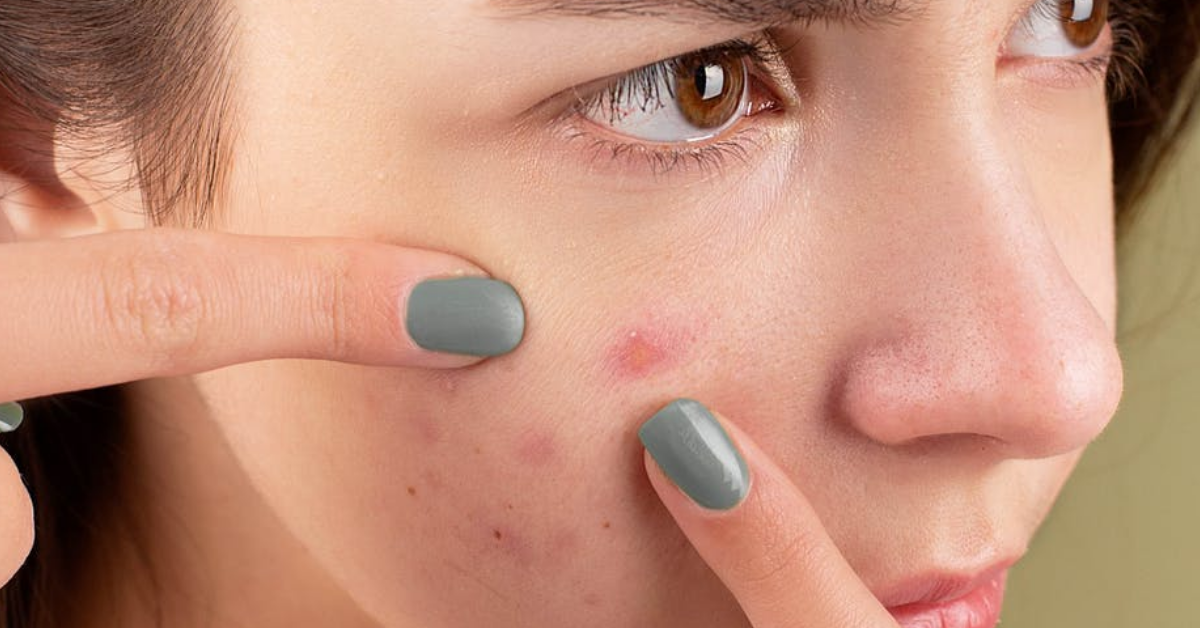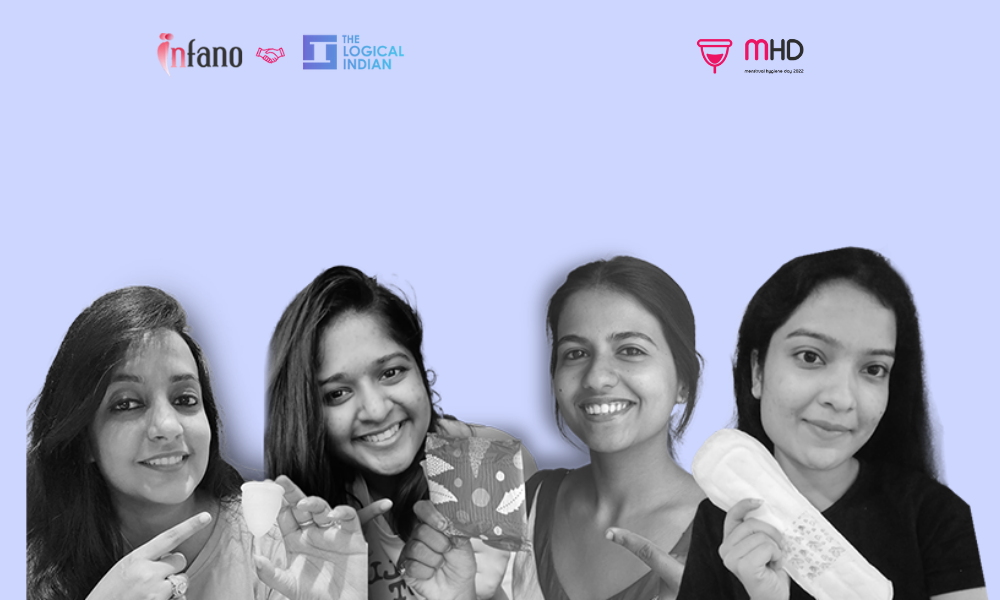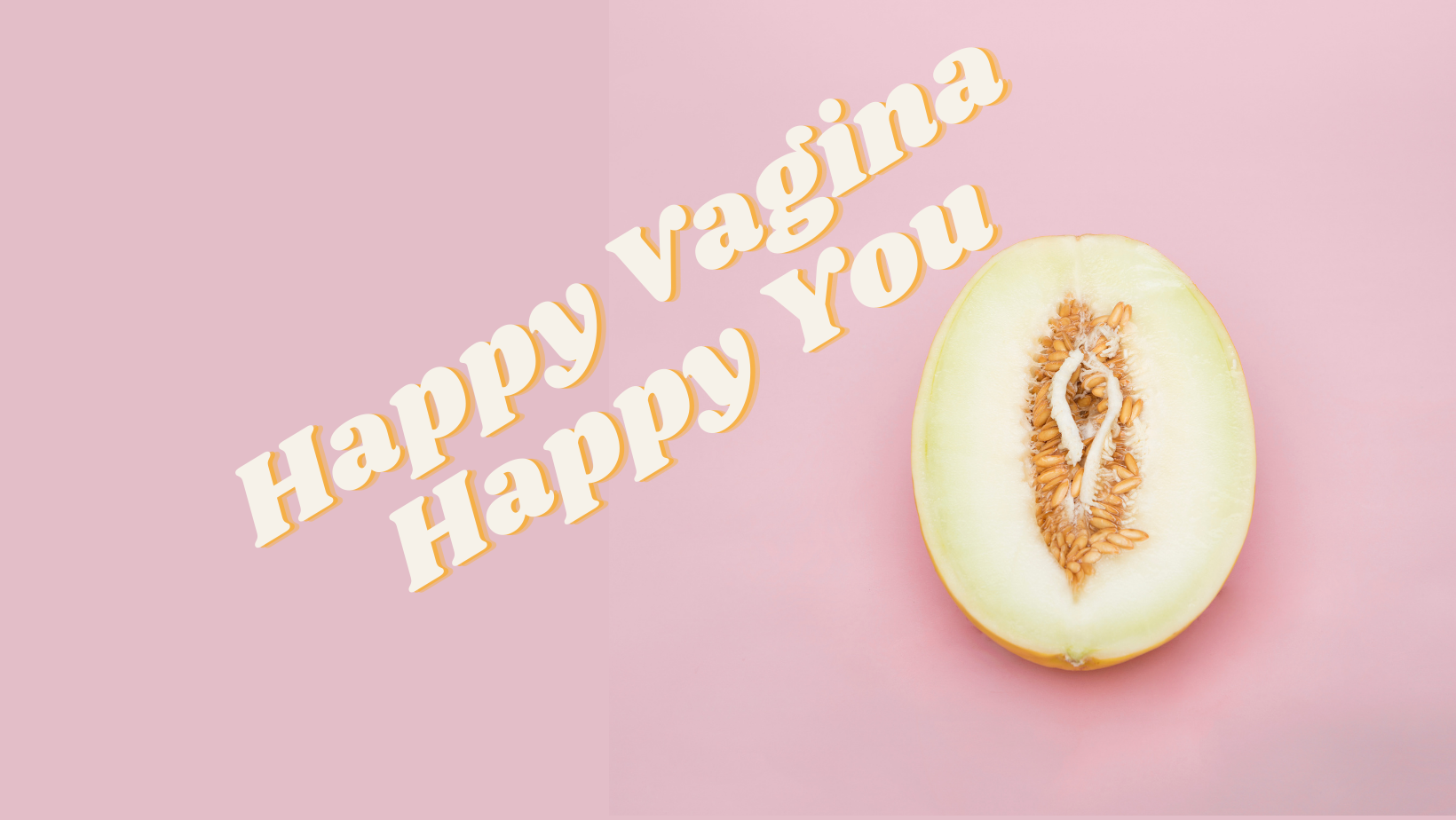Two researchers- Kate Clancy, a human reproductive ecologist and associate professor of anthropology at the University of Illinois Urbana-Champaign, and biological anthropologist Katharine Lee of Washington University School of Medicine in St. Louis have collected more than 140,000 reports from people who say they’ve noticed a change in their periods after vaccination; Lee and Clancy are formally documenting those cases in an open-ended study on women’s health and reproductive systems post-vaccine.
Clancy’s took to social media after her own experience, “My period after dose one was one of the heaviest I remember having ever in my life,” she says. “I did not anticipate it blowing up to the extent that it has. A lot of emails, a lot of Instagram DMs, and a lot of tweets of people who are just baring their souls to us.”
But Dr. Beachgem, a pediatric emergency response doctor explained in a video that an irregular period, after vaccination is normal and is not detrimental to your health or fertility.
“After COVID-19 vaccination it is not uncommon to have a 1- to 2-cycle irregular period. Your endometrium is part of your immune system, so this can definitely happen,” she explains.
Women are more hormonal than men. During ovulation, the immune system receives a sort of a ‘signal’ to prevent infectious agents from disturbing conception. The cells of the uterine linings also contain some immune cells, which could be affected by hormonal changes and create mild, inflammatory reactions. If the ovulation doesn’t happen, the vaccine could end up spelling some changes to the period cycle.
All three US manufacturers of COVID-19 vaccines (Pfizer, Moderna, and Johnson & Johnson) have denied that they have seen any irregularities in menstruation or fertility. But the early COVID 19 vaccine trials studies never spoke about reproductive health. This is a huge lapse on their part because they have just disregarded women’s health and the bodies of people with ovaries making them unseen in the clinical trials.
The good news though is that most of the irregularities seem to be short-lived. “From what we have seen so far, it appears that the changes to the menstrual cycle seem to be short-lived, just a couple of cycles,” Lee says.
While few reported heavy bleeding during their menstrual cycle, some others reported early onset of periods with painful cramps and some had delayed periods. But many others had different experiences, too with untimely spotting or bleeding (breakthrough bleeding).
“We started hearing a lot about breakthrough bleeding, from people on long-acting reversible contraception, people on gender-affirming hormones, and postmenopausal people who were years and years out from their last period, sometimes decades out,” Lee says.
However, both researchers say that these irregularities should not be taken as an anti-vaccine argument. A vaccine needs to be taken. But for awareness’ sake, people need to know if there will be an adverse effect so that they are informed and know to expect an irregularity and should not be alarmed due to it and treat it as a minor side effect of the vaccine.
Riley says she believes issues such as the effects on menstruation need to be addressed in future clinical trials of drugs and vaccines: “Because when you can’t answer those questions, you’re asking people just to believe.”
It is only to be informed, aware, and better prepared for women to expect slight changes in their menstrual cycle after ovulation but this should not be a reason for avoiding the vaccination as it is a must. And all changes reported have been minor or temporary with no damage to fertility, hormone or reproductive health. However, if symptoms seem to persist for a longer period, it is better to contact your physician.
Source: npr.org , timesofindia.indiatimes.com
For more on women’s health, periods and pregnancy, download the Infano App from Play Store.



















